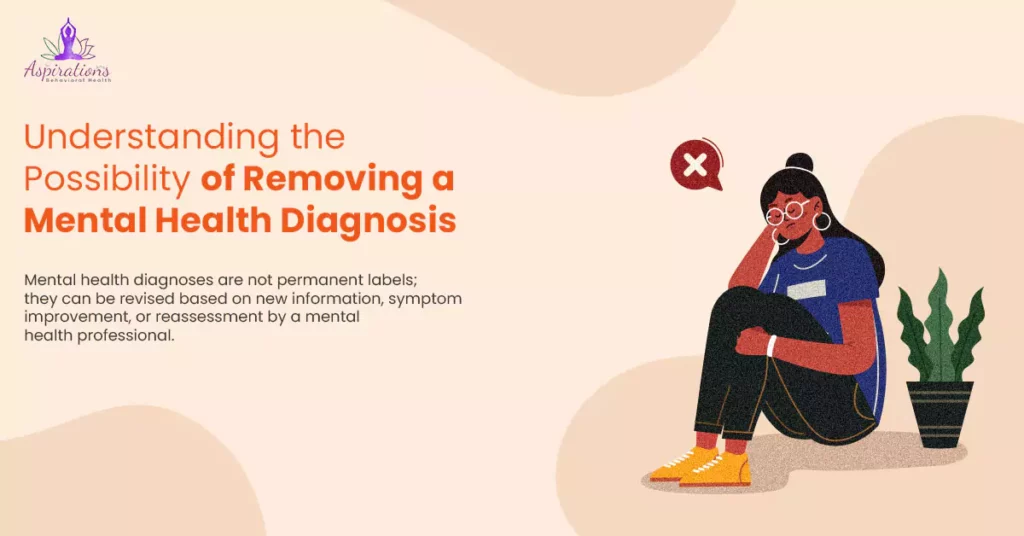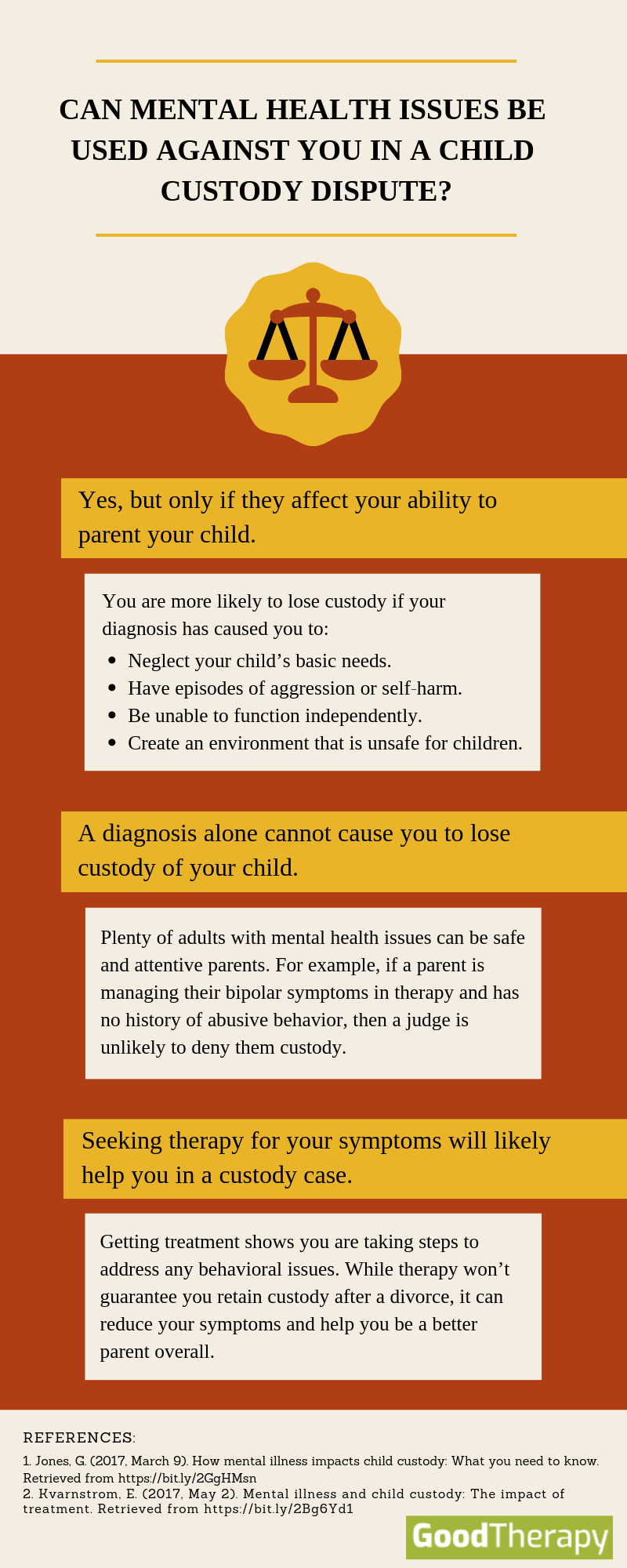Navigating the complexities of mental health can sometimes lead to misdiagnoses, and it’s not as uncommon as one might think. Clinical studies have shown that diagnostic errors occur in up to 20% of psychiatric evaluations. This reality underscores the importance of understanding how to properly dispute a mental health diagnosis.
When questioning a diagnosis, obtaining a second opinion from a qualified mental health professional can be a crucial first step. Historical data suggests that second opinions can differ up to 60% of the time, offering new perspectives and potentially correcting misdiagnosis. Thoroughly documenting symptoms and concerns, and openly communicating them, ensures a more accurate diagnostic outcome.
- Document your symptoms and concerns thoroughly.
- Seek a second opinion from a qualified mental health professional.
- Communicate openly with healthcare providers about your doubts.
- Understand and exercise your patient rights for fair treatment.
- Consider involving an advocate for additional support.

Recognizing a Possible Misdiagnosis
Understanding Psychiatric Evaluations
Psychiatric evaluations involve various assessments, including interviews and psychological tests. These assessments aim to understand a person’s mental health condition. Sometimes, the initial diagnosis may not be accurate due to the complexity of mental health issues.
Mental health professionals gather information through observation and patient history. They consider various factors, such as symptoms, duration, and severity. Misunderstandings or incomplete information can lead to incorrect diagnoses.
Patients should feel confident in discussing their history openly. This openness can help specialists make more accurate assessments. Follow-up appointments are essential for revising initial evaluations.
Identifying Markers of a Potential Misdiagnosis
Feeling that the current treatment isn’t working can be a sign of misdiagnosis. If symptoms persist or worsen, it’s worth re-evaluating the diagnosis. Patients should trust their instincts and seek further advice.
Ignoring symptoms may complicate the condition even more. Be proactive in monitoring changes in symptoms and progress with the treatment plan. Note any discrepancies in the diagnosis and the actual experiences.
Discuss these issues with a healthcare professional. They can provide clarity or suggest alternative diagnoses. Obtaining copies of medical records can facilitate these discussions.
Importance of Reexamining Existing Diagnoses
Regular reexamination of a mental health diagnosis is crucial. Conditions and symptoms can change over time. This means an evolving diagnosis might be necessary.
Second opinions from other mental health experts can offer new perspectives. Another professional might provide a different diagnosis that better fits the symptoms.
Continual reassessment ensures the treatment plan remains effective. Patients should remain engaged in their care and actively participate in reviewing their mental health journey.
Steps to Dispute a Mental Health Diagnosis
When questioning a mental health diagnosis, following specific steps ensures a structured approach. This can help in addressing and possibly correcting any inaccuracies. Here are key steps to guide you through the process.
Documenting Your Symptoms and Concerns
Keeping a detailed record of your symptoms is a crucial first step. Note any changes in your mood, behavior, or physical health. This helps provide clear information to healthcare providers.
Jot down specific examples of how your condition impacts your daily life. Include dates and frequency of occurrences. This detailed log supports your case during re-evaluation.
Share your documented observations with a mental health professional. These records can assist them in understanding your situation better. Accurate documentation can lead to better diagnostic clarification.
Seeking a Second Opinion
Getting a second opinion from another mental health expert offers a fresh perspective. Find a reputable professional with experience in your specific concerns. Explain your symptoms and share your documented observations.
Sometimes a new specialist can notice different patterns or symptoms. They might offer alternative diagnoses that better fit your condition. It’s important to stay open and honest during these evaluations.
Comparing the initial diagnosis with the second opinion helps in determining the best treatment plan. Discrepancies between the two opinions should be examined further. Collaboration between professionals can improve diagnostic accuracy.
Advocating for Yourself
Advocating for your health means being assertive about your concerns. Clearly communicate your doubts and symptoms to your healthcare provider. Asking questions and seeking clarity is essential in this process.
Participate actively in decision-making about your treatment. Ensure your opinions and observations are considered. Collaboration with your healthcare provider can lead to more accurate assessments.
If needed, involve a patient advocate or a trusted person in your process. They can provide support and assistance during medical appointments. Together, you can navigate the dispute process more effectively.
The Role of Second Opinions in Mental Health Diagnosis
Second opinions in mental health provide a new perspective. They can uncover different patterns or symptoms that were initially missed. This step can be crucial for obtaining a more accurate diagnosis.
Mental health conditions are complex, and misdiagnosis can occur. Seeking a second opinion offers an additional evaluation. This could lead to alternative treatments or care approaches that might be more effective.
Sometimes, the second professional might identify discrepancies in the initial diagnosis. These discrepancies can highlight areas that need further examination. Comparing opinions helps uncover the most fitting diagnosis.
Open communication between the two professionals can enhance diagnostic accuracy. Sharing records and observations provides a comprehensive view. Collaborating ensures that all aspects of the patient’s condition are considered.
Communicating with Healthcare Providers
Effective communication with healthcare providers is essential. It facilitates understanding and helps in getting the correct diagnosis. Clear and honest conversations pave the way for accurate treatment plans.
Start by being open about your symptoms and concerns. Detail any changes in your mental health since the last visit. This information is invaluable for your provider.
Asking questions is a crucial part of communication. Don’t hesitate to seek clarity about your diagnosis or treatment. Understanding your condition fully can help manage it better.
Document your discussions and follow-ups. Keeping notes of what was said or recommended ensures you can track your progress. This record can also be shared with other professionals if needed.
Consider creating a list of talking points before your appointment. This can help cover all essential topics during your limited consultation time. Preparation leads to more productive conversations.
If you feel unsure or overwhelmed, involving a trusted person can be advantageous. They can help you remember key points discussed. Having an advocate can significantly improve communication.
Legal Rights and Patient Advocacy
Understanding your legal rights in mental health care is crucial. Patients have specific protections under the law. These rights ensure fair treatment and access to necessary services.
One important aspect is the right to informed consent. This means you have the right to know all treatment options and their potential risks. Informed decisions about your health care are a cornerstone of patient rights.
Confidentiality is another critical right. Your medical information should be kept private and shared only with your consent. This helps maintain trust between you and your healthcare provider.
Patient advocacy plays a significant role in navigating mental health care. Advocates can help you understand your rights, provide support during appointments, and assist in communicating your needs. They ensure your voice is heard.
Having an advocate may involve a professional or a trusted person in your life. They can offer guidance and support, improving the overall quality of your care. Advocates can also help file complaints or seek legal action if your rights are violated.
Finally, several resources are available for legal assistance and patient advocacy. Organizations provide services to educate patients about their rights and help them access the care they need. Utilizing these resources can empower you to advocate effectively for yourself.
Key Takeaways
- Document all symptoms and concerns in detail.
- Seek a second opinion from a trusted professional.
- Communicate openly with your healthcare providers.
- Know and exercise your patient rights.
- Consider having an advocate for added support.

Frequently Asked Questions
This section covers some common questions regarding mental health diagnosis disputes. Understanding these can help you navigate the process more effectively.
1. What is a second opinion in mental health care?
A second opinion involves consulting another mental health professional about your diagnosis. This can offer a fresh perspective and may uncover different insights or diagnoses that better fit your symptoms.
Getting a second opinion is important because it can validate or challenge the initial diagnosis. It helps ensure that you receive the most appropriate treatment for your condition.
2. How do I document my symptoms effectively?
Keeping a detailed symptom diary is very effective. Note the frequency, duration, and impact of each symptom on your daily life to provide clear information to healthcare providers.
This documentation should include specific examples, dates, and any changes over time. Accurate records help professionals understand your condition better and can aid in revising an initial diagnosis.
3. Why is open communication with healthcare providers crucial?
Open communication ensures that all your concerns are addressed thoroughly. It’s essential for building trust and making sure you’re heard within the clinical setting.
This approach allows for shared decision-making, which leads to more accurate diagnoses and effective treatments tailored to your needs.
4. What role does patient advocacy play in disputing a diagnosis?
Patient advocacy involves having someone support you during medical appointments. They help articulate concerns, understand medical jargon, and ensure that your voice gets heard by healthcare professionals.
An advocate can be a professional or a trusted person from your personal life who aids in communication with providers, thus improving the quality of care you receive.
5. What legal rights do patients have when disputing a diagnosis?
You have the right to informed consent, meaning you should be fully aware of all treatment options and their risks before making decisions.Patients also hold confidentiality rights ensuring that their medical information stays private unless shared with explicit consent.

Conclusion
Disputing a mental health diagnosis can be a daunting process, but it’s crucial for ensuring the most accurate treatment. Empowering yourself with knowledge and clear communication is the foundation. Professional support and second opinions play a vital role in this journey.
By following structured steps and leveraging your legal rights, you can navigate the complexities of mental health care more effectively. Remember, your mental well-being is paramount, and advocating for yourself is a crucial part of safeguarding it. Seek the support you need and stay proactive in your care.
